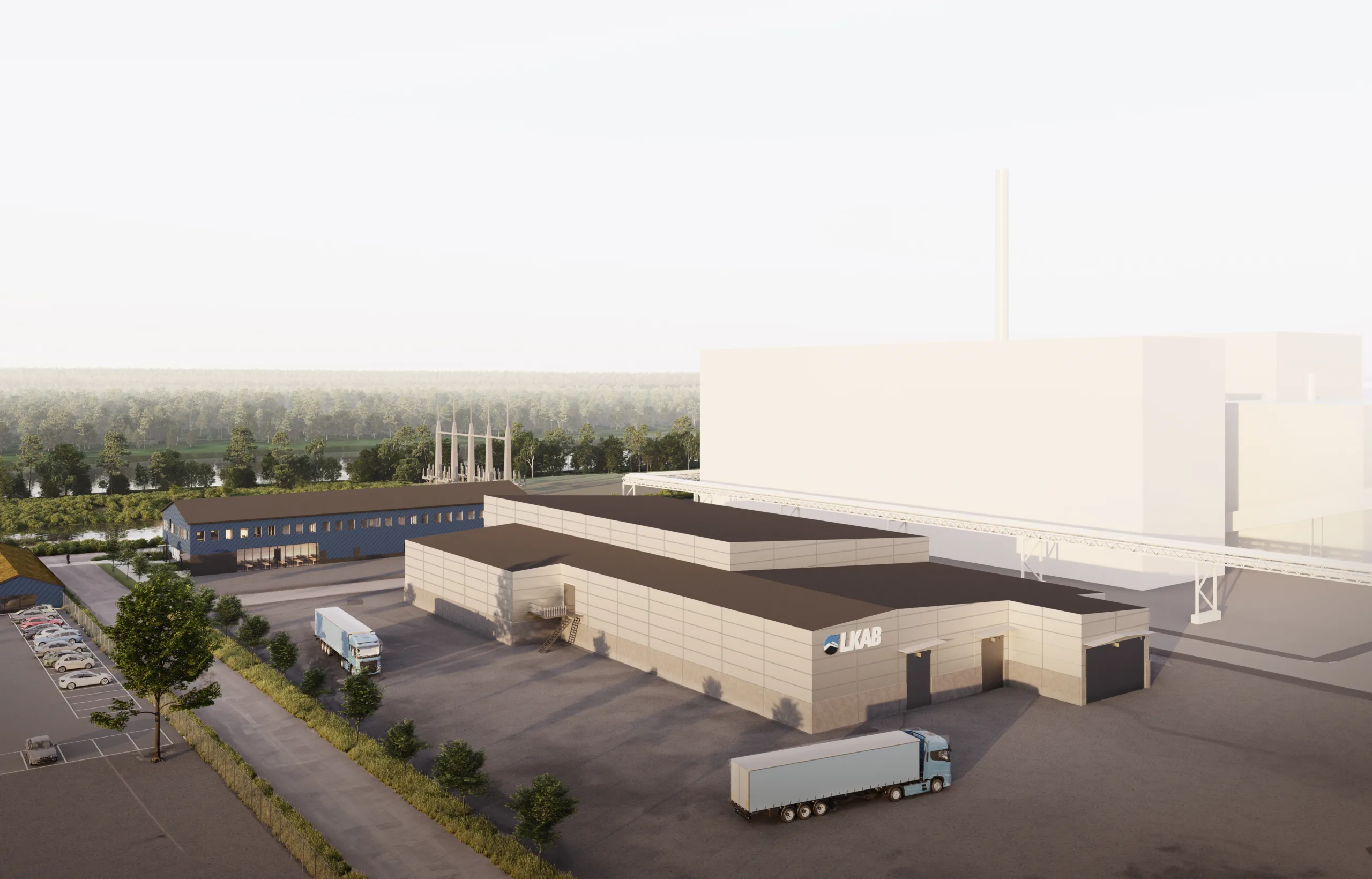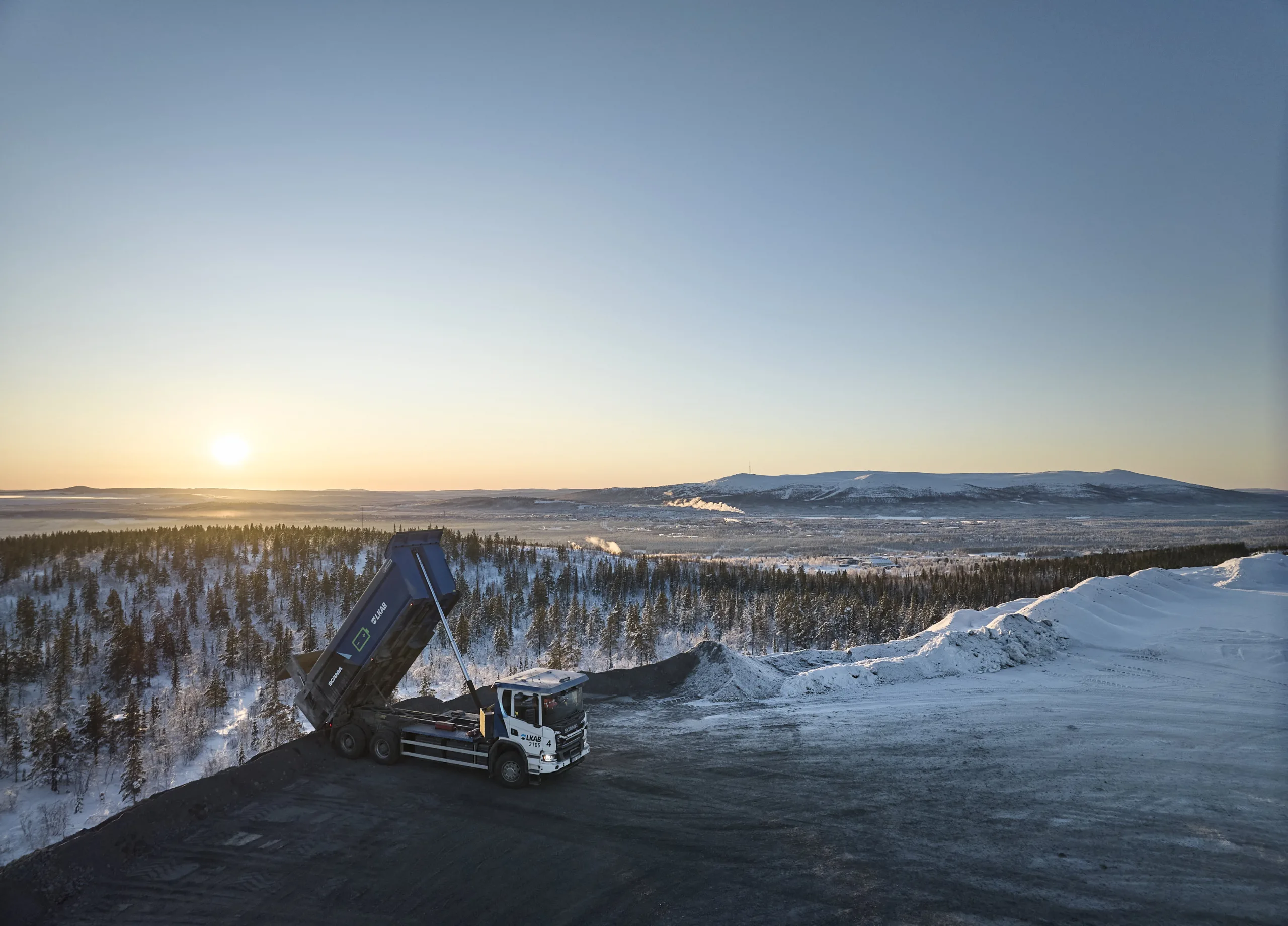LKAB appeals EU decision harming the climate

The European Commission does not want to compare LKAB's iron ore products with those of steel companies' in the emissions trading system. This benefits the producers who now cause the the largest carbon dioxide emissions. LKAB is therefore now appealing the Commission's climate-adverse decision to the European General Court.
Emissions of carbon dioxide are up to ten times higher when European steel companies sinter iron ore (i.e., agglomerate fine ore into large lumps for use in blast furnaces) as compared to use to LKAB’s sintered iron ore pellets. The basic function of the two products in the blast furnace is comparable but, even so, the European Commission has decided not to compare them on equal terms. This gives the steel companies that emit the most carbon dioxide more free emissions allowances. LKAB, which has the lowest emissions, is instead penalized, since the company is allocated fewer emissions allowances.
“We have reached a dead end. For more than five years we have been trying to demonstrate to the Commission that the decision has been made on the wrong grounds. In this case, the European Commission has pursued a policy of willingly subsidizing the steel industry’s continued use of the least climate-effective technologies, instead of favouring the most climate-effective ones. This is completely unacceptable in light of the enormous and time-critical efforts that must be made to prevent climate change,” says Jan Moström, President and Group CEO, LKAB.
LKAB, the Swedish Environmental Protection Agency, non-state entities, parliamentarians and the Swedish Government have all attempted to convince the European Commission to reverse its political standpoint, since it directly contravenes EU policy on environmental targets. The Commission’s responses have been vague and general, since there is no legitimate explanation for the difference in the way decisions on carbon dioxide allowances have been made.
If the Commission instead took into consideration the vastly lower carbon footprint from pellet manufacture, it would mean a reduction in the number of free emissions allowances granted for the European steel producers’ sinter plants and increased allocations to pelletizing plants in the Nordic region. This would stimulate a transition to more climate-effective technology globally by increasing the steel companies’ costs for carbon dioxide emissions.
“If our operations had been assessed according to the same principles as the European steel companies, we would have been allocated some of the emissions rights the steel industry is now being given, which, for us, would have amounted to savings of many hundreds of millions each year. We would have gladly put this money towards our transition to production of carbon-dioxide-free sponge iron. What we are now doing is the best thing Sweden can do for the climate and it will save our customers emissions corresponding to two-thirds of Sweden’s total emissions. This is an enormous climate benefit that will be exported to the EU. The emissions trading system should favour this type of development,” says Jan Moström.
With the support of the Swedish Government, the Swedish Environmental Protection Agency and the EU’s regulatory framework, LKAB has sought to be included in the same group as the pelletizing and sintering operations at the steel mills. This would mean that the steel mills’ free allocation for manufacturing sintered fines would immediately be reduced by one-quarter and, eventually, land at the same level as LKAB’s allowance. The European Commission has rejected LKAB’s application. LKAB has therefore appealed the Commission’s decision to the European General Court.
Kontaktperson: Anders Lindberg, presschef LKAB, tel: +46 (0)980 783 55. E-post: anders.lindberg@lkab.com
LKAB is an international mining and minerals group that offers sustainable iron ore, minerals and special products. We are committed to developing carbon-free processes and products by 2045, leading the transformation of the iron and steel industry. Since 1890 we have developed through unique innovations and technological solutions and are driven forward by more than 4,500 employees in 12 countries. In 2020, the LKAB group had sales of about SEK 34 billion.
www.lkab.com
In this case, the European Commission has pursued a policy of willingly subsidizing the steel industry's continued use of the least climate-effective technologies.






